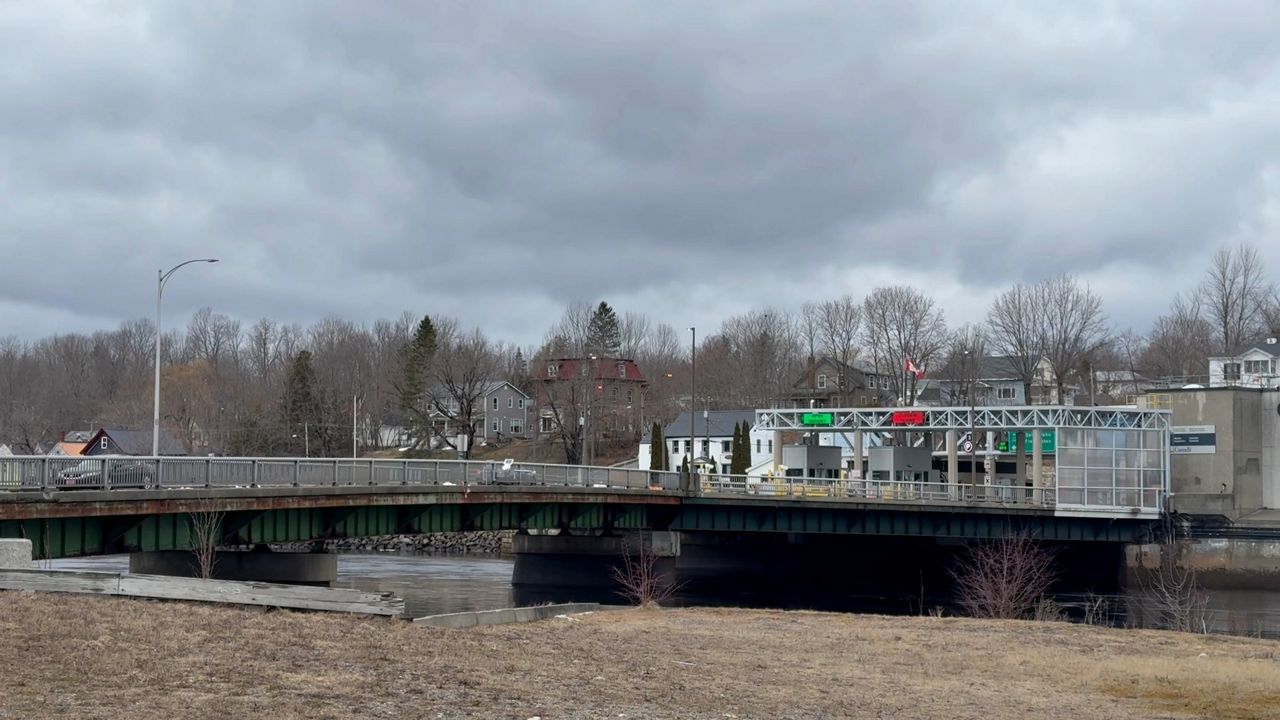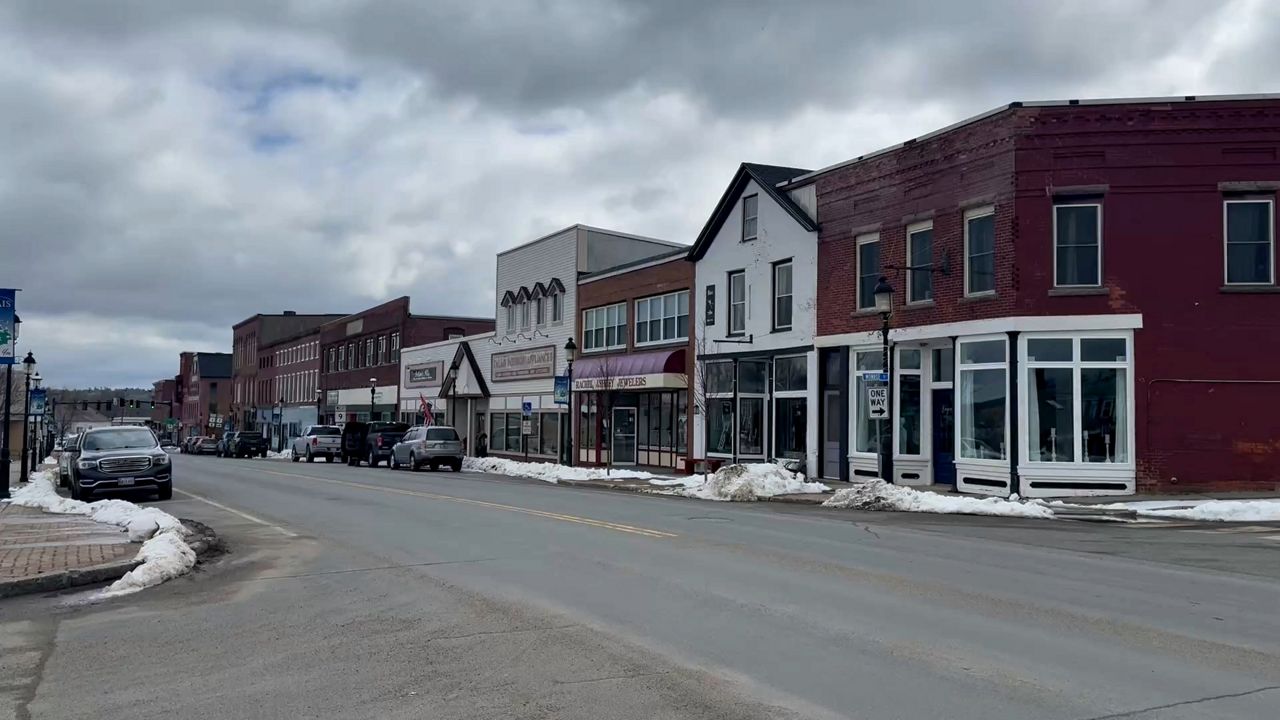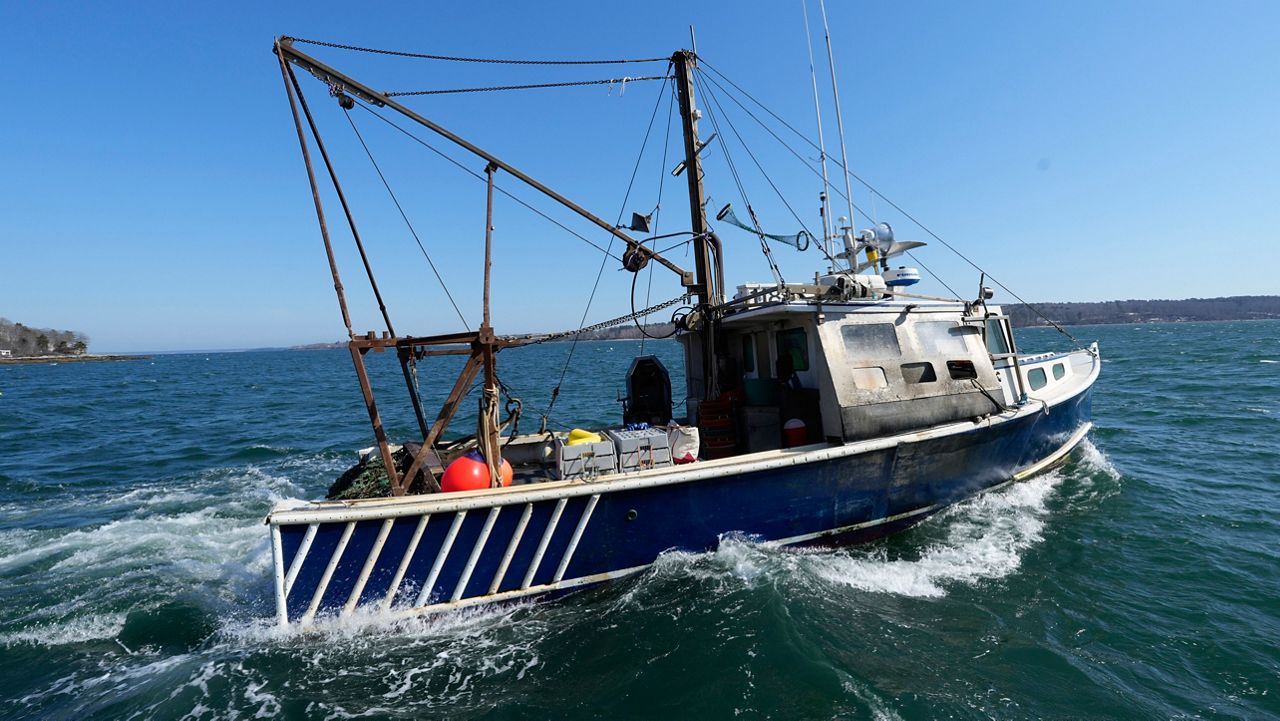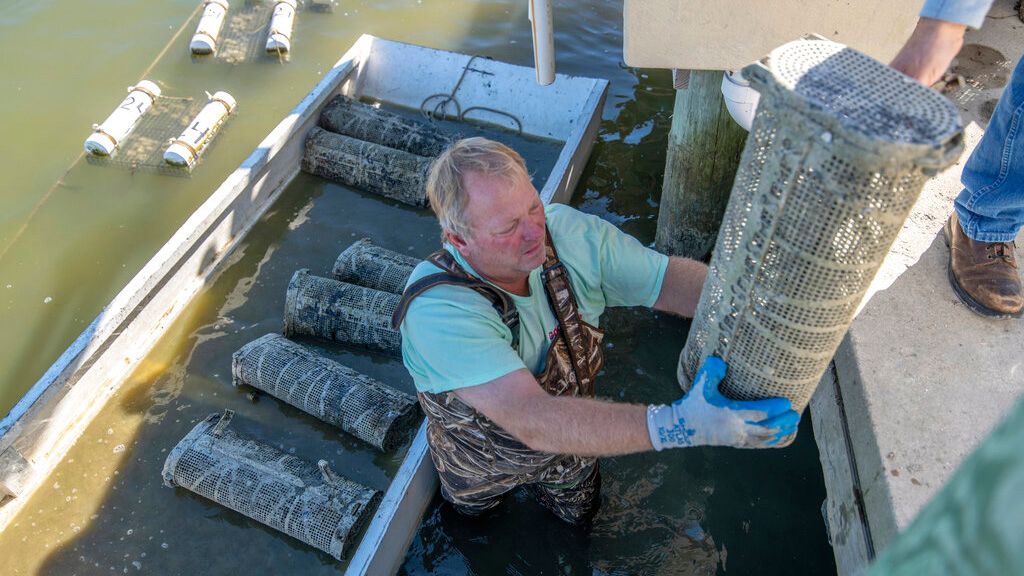CALAIS — A Maine Border city has found itself on the front lines of The United States’ trade war with Canada.
In Calais, many downtown shop owners can see the banks of the Canadian town of Saint Stephen from their storefront windows — less than half a mile away.
But, following President Donald Trump’s 25% tariffs on certain Canadian imports, along with Canada’s retaliatory tariffs, local businesses said many Canadians are no longer making the trip across the border.
And some said it’s hurting their business.
“Calais is like a ghost town now without the Canadians,” said Tina Moholland, manager of C & E Feeds. “We are down approximately 61% in package customers and sales. The traffic has stopped considerably. It’s almost three-quarters of what it was.”

According to U.S. Customs and Border Patrol Data, there were approximately 30,000 fewer travelers crossing into Maine from Canada in February compared to the same time last year.
“Our payroll is down, everything has just gone downhill since the tariffs have been put on,” said Moholland. “These little towns, we can’t sustain like this.”
City officials said that what’s equally concerning is the emotional fallout from the tariffs.
“It’s ground zero. For us, we see them as our friends and neighbors,” said Jim Porter, Calais interim city manager. “And they feel offended. They do.”
And some are worried that the city’s summer tourism season will take a hit if Trump follows through on imposing more tariffs on Canada on April 2.
“The restaurants and everything are all dependent on the tourists,” said Dawn Kinney, volunteer at the Calais Community Thrift Shop. “If they’re not going to come, it’s going to hurt us quite a bit.”

According to the Maine Office of Tourism, Canadians make up 5% of the state’s annual visitation, and locals are hoping they come back soon.
“We are naturally concerned about anything that may deter Canadian visitors from coming to Maine, the impacts of which would be felt throughout the state,” Director of Maine Office of Tourism Carolanne Ouellette said in a statement. “We understand that any reduction in visitation from Canadians will affect regions and businesses differently, with some areas impacted more negatively than others.”
Calais locals said they hope their relationship with Saint Stephen can survive the national strain.
“Canadians are family, we don’t think of it as another country, The bridge is just another road to us,” said Moholland. “We’ve got family on both sides, we’ve got friends. We’re hoping there’s no long-term effects.”
On the heels of Trump’s Tariffs, U.S. Sen. Susan Collins has also introduced legislation to boost security at the Northern Border.

“Our border security policies must address the unique challenges along the U.S.-Canada border, where vast, remote areas make enforcement difficult,” said Collins. “By improving data collection and oversight of threats and enforcement efforts, this bipartisan bill would strengthen security, improve coordination, and help to ensure we have the resources needed to protect our northern border effectively.”
Collins introduced the legislation along with Maggie Hassan (D-NH), Kevin Cramer (R-ND), and Kirsten Gillibrand (D-NY).










